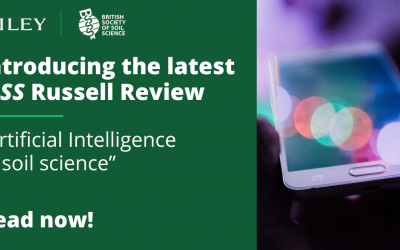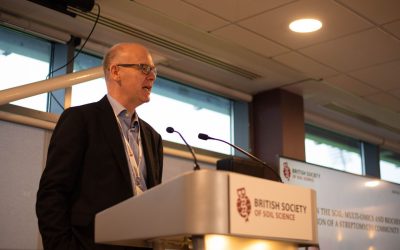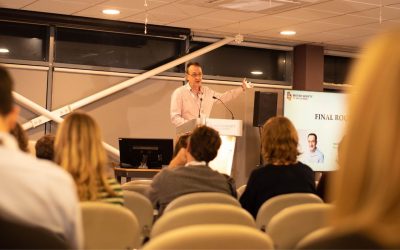As a PhD student going into my third year on researching the effects of soil tillage on agrochemical efficacy, and soon to begin a large period of experimental work, I find myself very lucky to have been given the extraordinary opportunity to attend summer schools in Belgium and Germany. I wanted to use this platform to spread awareness of these opportunities throughout the Early Careers soil science community. These summer schools gave a great overview of the topics studied, in addition to well-organised and easily understandable exploration of software to students from a broad range of experiences.
The first, led by Mathieu Javaux and Ali Kotlar at UCLouvain in Belgium, titled the 1st International summer school in Advanced Soil Physics covered the different ways that researchers can model water fluxes in the soil-plant system. Various renowned keynote speakers covered topics from plant physiology, anatomy and hydraulics, soil physics, and root architecture and growth, whereas the modelling sections were presented in the form of case studies with real data and visualised root structures. While this experience was paid for, accommodation and lunches were included, and the networking opportunities were plentiful in beer tasting, tenpin bowling, a restaurant meal, and ending in a tour of Brussels to see various landmarks including Manneken pis. Further details can be found here: https://soil-modeling.org/activities/summer-school/.
The second was based in Germany at UFZ Halle, led by Steffen Schlüter and titled DBG workshop: Image Processing in Soil Science. This workshop taught and focussed in on each step in the imaging pipeline, from scanning, filtering, segmentation, and 3D quantitative analysis, explaining concepts and describing tools with detailed exercises for each new tool. Machine learning for feature detection and automatic root segmentation algorithms were the stand-out ideas for me personally. But the demonstrations of correlative microscopy (using multiple techniques to build up a comprehensive picture) and registration (aligning 3D images taken from multiple sources/time-points) were also very valuable and quite intuitive. It was also at this workshop I met several of the people I have read and even cited, which was very exciting! This workshop had no registration fee, but a hearty lunch was still provided each day, as well as one three-course evening meal. More information can be found here: https://www.ufz.de/index.php?en=49315.
These experiences were fantastic, I would urge all early career researchers to keep a look out for workshops of interest throughout the year and find the time and funding to attend them. And if you have any workshop recommendations, please feel free to send them through to the team so we can circulate any relevant opportunities when they arise. You could also consider applying for a grant to aid in any costs via the BSSS website https://soils.org.uk/grants-awards/.
The views expressed in this blog do not necessarily reflect the views of the British Society of Soil Science.





